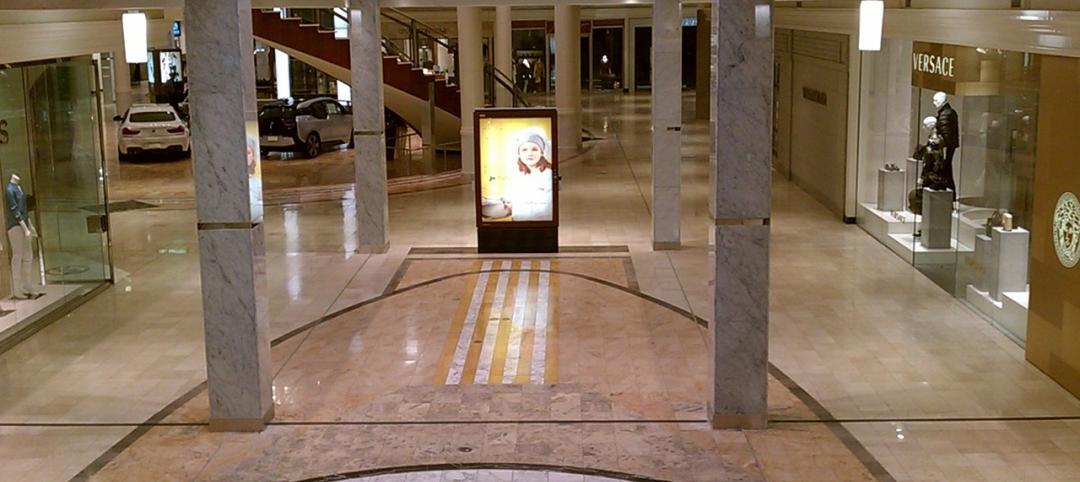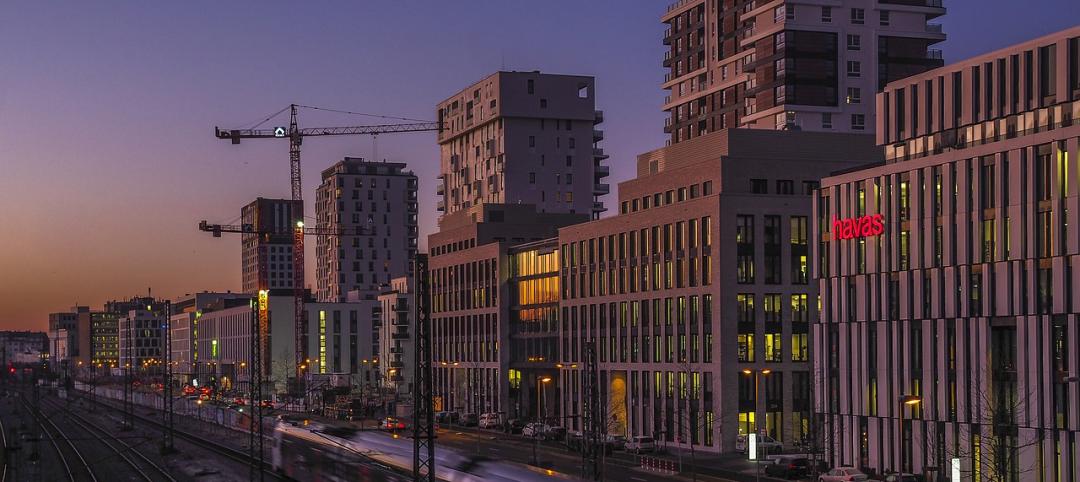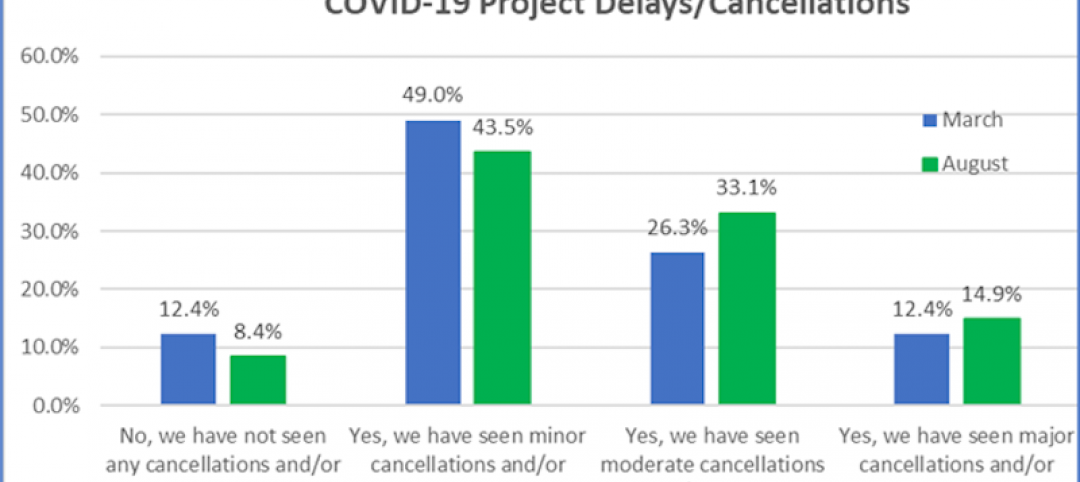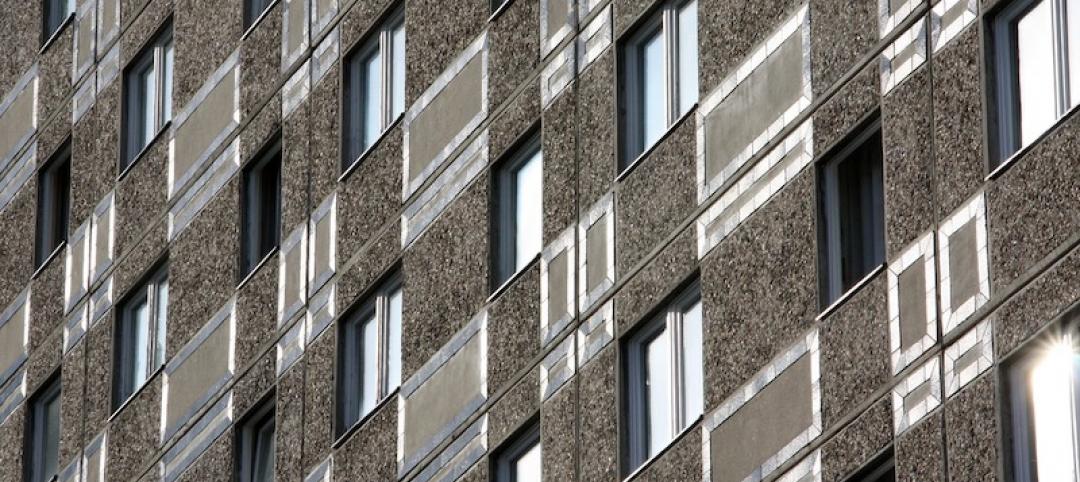New zoning regulations that encourage multifamily projects are transforming downtowns in several New Jersey cities. The zoning policy shift could produce the biggest transformation of North New Jersey’s downtowns since the arrival of malls pulled shoppers away from town centers in the 1960s and 1970s, according to NorthJersey.com.
The suburban communities are responding to millennials who want to live in urban environments and aging suburbanites who want to downsize in their hometowns. “People want to live in places where they have that downtown, where they can live close to things that they’re going to eat and things that they’re going to buy, and the market is following,” said Maggie Peters, director of the Bergen County Economic Development Corp.
Permits for multifamily units in the county have outpaced single- and two-family permits every year since 2009. Since the 1970s, most of the region’s communities had zoned their downtowns for commercial uses. In recent years, some have added hundreds of new apartment units.
One area town, Ridgewood, which already has a thriving downtown retail district, has resisted the trend so far. Concerns over parking and traffic have come to the fore as the community considers zoning changes that would allow large multifamily projects downtown.
(http://www.northjersey.com/news/bergen-county-s-suburbs-embrace-a-touch-of-the-city-1.1134517)
Related Stories
Codes and Standards | Nov 2, 2020
Wildfires can make drinking water toxic
Updated building codes could mitigate the danger.
Adaptive Reuse | Oct 26, 2020
Mall property redevelopments could result in dramatic property value drops
Retail conversions to fulfillment centers, apartments, schools, or medical offices could cut values 60% to 90%.
Codes and Standards | Oct 26, 2020
New seismic provisions for the National Earthquake Hazards Reduction Program released
The provisions present a set of recommended improvements to the ASCE/SEI 7-16 Standard.
Codes and Standards | Oct 22, 2020
More than 130 building projects have engaged LEED’s Safety First Credits in response to COVID-19
Best practices helping companies develop and measure healthy, sustainable, and resilient reopening efforts.
Codes and Standards | Oct 21, 2020
New technologies and techniques can ‘future-proof’ buildings
Net-zero principles may give buildings longer lives.
Codes and Standards | Oct 20, 2020
Updated AIA Contractor’s Qualification Statement and Warranty Bond documents available
Statement now includes safety protocols and plans, sustainability, and BIM experience.
Codes and Standards | Oct 19, 2020
NEXT Coalition chooses five pilot projects to fight COVID-19 on jobsites
Mobile platforms, wearable sensors, AI video systems among the trial solutions.
Codes and Standards | Oct 15, 2020
Neighborhoods Now offers cost-effective, DIY designs in response to COVID-19 pandemic
Designs include barriers for outdoor dining, sidewalk retail displays, and modular seating for public spaces.
Codes and Standards | Oct 14, 2020
Standard contract document for prefab and modular building released
ConsensusDocs addresses the most common prefabricated construction use-case scenario.
Codes and Standards | Oct 13, 2020
Austin is first major Texas city to adopt wildfire code
New ordinance based on the International Wildland-Urban Interface Code.
















